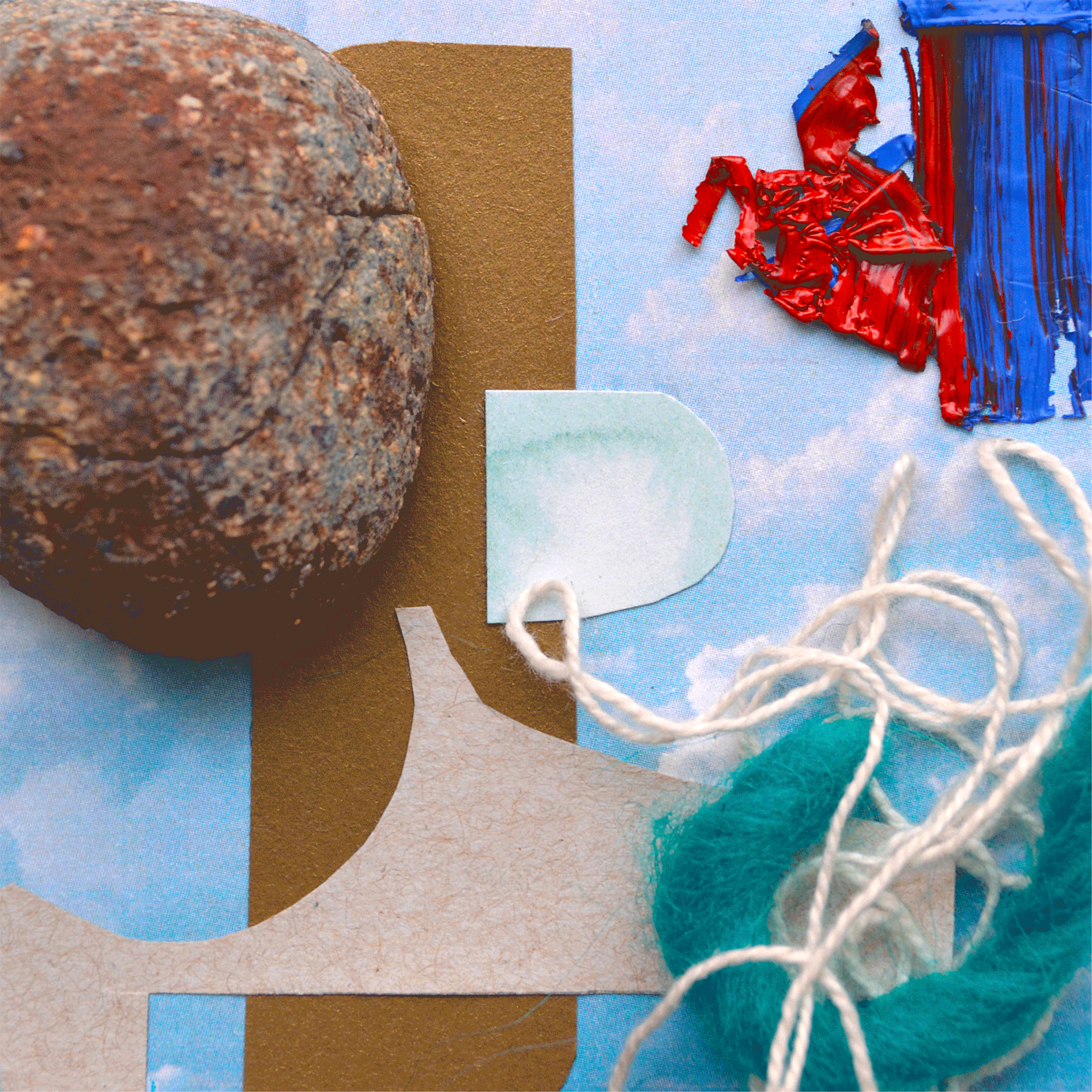ReBuilding relates processes of damage and restoration, loss and healing, and the never-ending making and doing of things in human lives. In light of the pandemic, and historical and socio-cultural issues that long pre-dated 2020, the question of how we rebuild and remake is in urgent need of consideration. The articles, interviews and essays in this issue encourage us to reflect on the religious and secular beliefs and practices that cohere communities as they cope, create, resist, protest and move forward.
- November 2024
- September 2024
- August 2024
- July 2024
- May 2024
- January 2024
- December 2023
- November 2023
- June 2023
- May 2023
- September 2022
- August 2022
- May 2022
- April 2022
- October 2021
- June 2021
- May 2021
- March 2021
- February 2021
- December 2020
- September 2020
- August 2020
- July 2020
- June 2020
- January 2020
- December 2019
- October 2019
- September 2019
- August 2019
- July 2019





